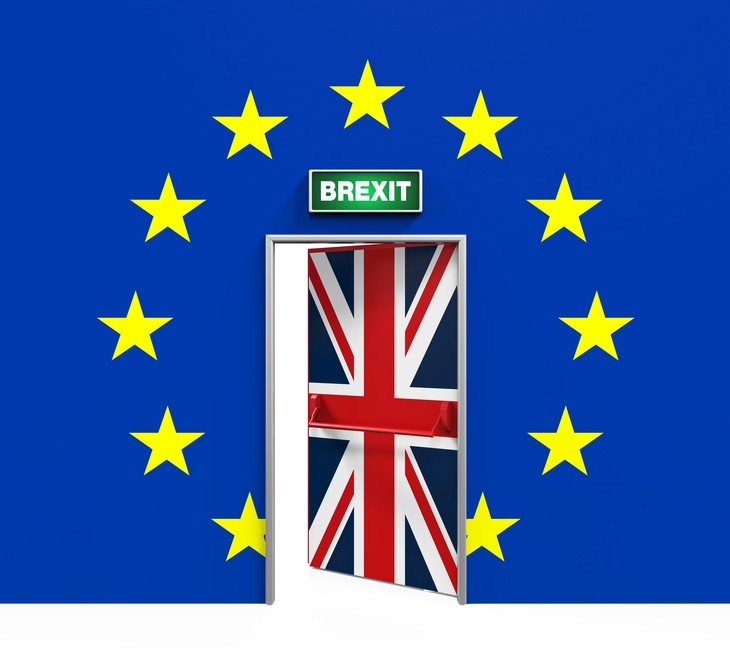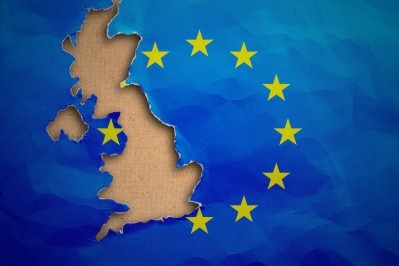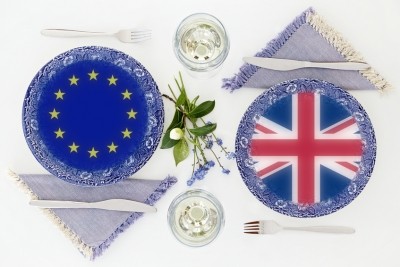Brexit could pose GM headache for UK

“Once outside the EU the UK must develop its own external tariffs, and may find itself subject to the high external tariffs applied by the EU to agricultural products—to the detriment of UK farmers and food manufacturers,” the subcommittee warned. “The UK may also face non-tariff barriers when exporting agriculture and food products to the EU, resulting in delays at ports and additional administrative costs.”
Brexit could also present opportunities, the cross-party group of peers said, with the country moving away from the bloc’s “one size fits all” policies on food and farming. But this could also create headaches at internal borders, they noted.
Border battles
As well as the Common Agricultural Policy, the EU also sets standards for food, farm animal health and welfare and plant protection products. As such, the UK currently has a single market on regulation, imposed by default through its membership of the European Union.
But once the UK leaves the union, there will be four markets – with Scotland, England, Wales and Northern Ireland all delivering different regulatory frameworks. This could “cause problems” in areas where the devolved administrations disagree – like genetic modification – the subcommittee was told.
“Both Northern Ireland and Scotland have indicated that they wish to be GM-free, which would suggest that if, for example, England and Wales were to declare that they wanted to be GM-friendly, there is the possibility of having to have border checks within the UK to ensure that you are not importing GM food,” explained Professor Joseph McMahon, dean of the Sunderland School of Law at University College Dublin.
Ian Wright, director general at the Food and Drink Federation (FDF) also highlighted potential issues, with some administrations already looking to tighten up some of the laws – notably in Scotland, for example, where the government is considering a tougher regime to tackle obesity.
Wright explained: “… we have heard from the Scottish Government that they intend to take a much more active view of regulation, and we may well see challenges between the Food Standards Agency and Food Standards Scotland, and you would have to expect that the regulators in Northern Ireland will look very closely at the Republic.”
Substantial costs

For the moment however it’s trade and tariffs that manufacturers are most concerned about– and they have every right to be, the Lords suggested. More than 70% of exports and vital imports are with EU member states; what’s more, 94% of imports and 97% of exports are with countries with which the EU has negotiated a free trade agreement.
“It is imperative that a UK-EU trade deal should avoid the imposition of tariffs on trade in both directions, to minimise the potential for disrupting [integrated EU-wide] supply chains.” Non-tariff barriers could be “equally if not more disruptive” to trade in agricultural products and food. If not, food manufacturers and producers would incur “substantial costs”, the subcommittee warned.
Earlier this week, the country’s food and drink industry warned the incoming government – the UK heads to the polls on June 8th for a national ‘snap’ election – that a trade deal must be discussed “hand-in-hand” with the UK’s exit from the EU. “We need to secure a… bold and ambitious free trade agreement with the EU,” FDF said.
This seems increasingly unlikely. The UK prime minister reacted aggressively to press reports in Germany this week that suggested the atmosphere between Westminster and Brussels is already strained. Theresa May accused EU politicians and officials of seeking to disrupt the country’s general election, according to reports in the Guardian newspaper.
May once again reiterated that no deal is better than a bad deal. However, it’s becoming increasingly clear that the UK will not be allowed to have its cake and eat it. Indeed, the Lords subcommittee said the government is currently sending “mixed messages” to the food sector.
The vision in which the UK becomes a leading free-trade nation with low tariff barriers sits uneasily with commitments to high quality and welfare standards in the country’s farming sector, they noted in their report.


















